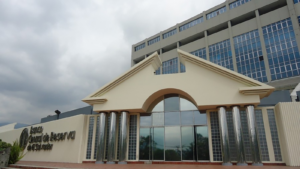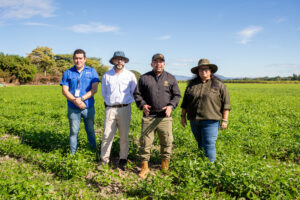The Government of El Salvador, through the Comisión Ejecutiva Hidroeléctrica del Rio Lempa (CEL), together with Distribuidora Eléctrica Cuscatlán (DEC), presented the participatory workshop of the Evaluación Ambiental Estratégica (EAE) of the Programa de Acceso Universal a la Energía (PAUE) to public institutions, cooperating partners, companies of the electricity sector and energy distribution companies.
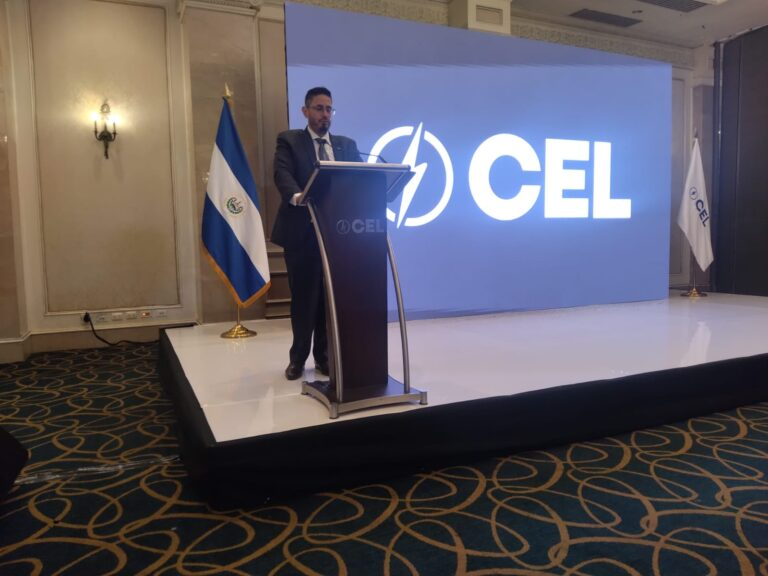
The purpose of the workshop was to socialize each of the stages of the project, which seeks to achieve 100% electricity coverage throughout the country by 2030, in compliance with Sustainable Development Goal No. 7 “Ensure Affordable, Safe, Sustainable and Modern Energy”.
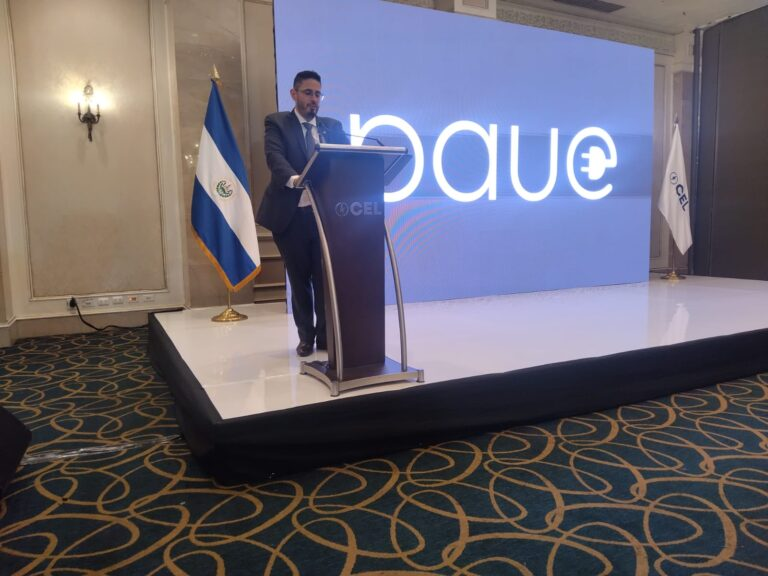

“This is a core project for President Nayib Bukele, because it will connect lives and dreams of hundreds of families, who were many decades in neglect and waiting for this important resource. This is a sign of our government’s willingness to make the impossible possible”, said Daniel Álvarez, president of CEL, during the launch of the workshop.
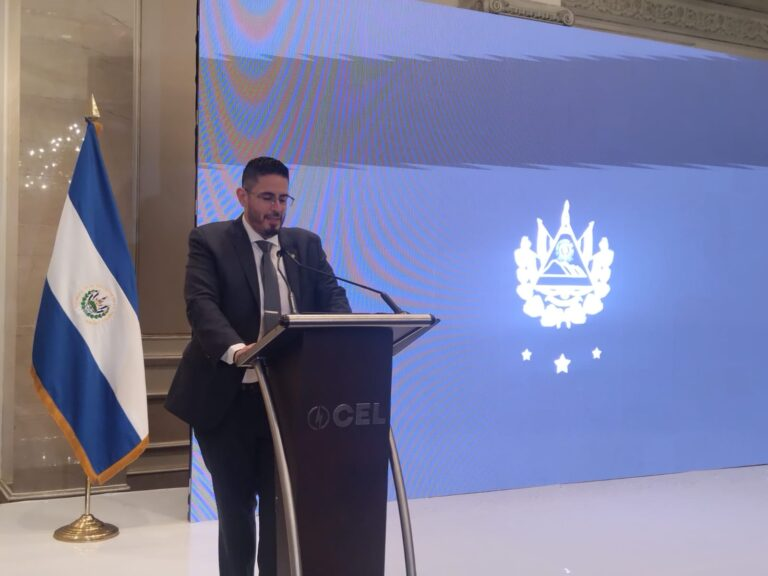

The PAUE, which is financed by the Inter-American Development Bank (IDB), is based on three fundamental components: investment in electrical infrastructure, institutional strengthening, and community participation. This approach guarantees a comprehensive implementation that responds to both the technical and socioeconomic needs of the territories.
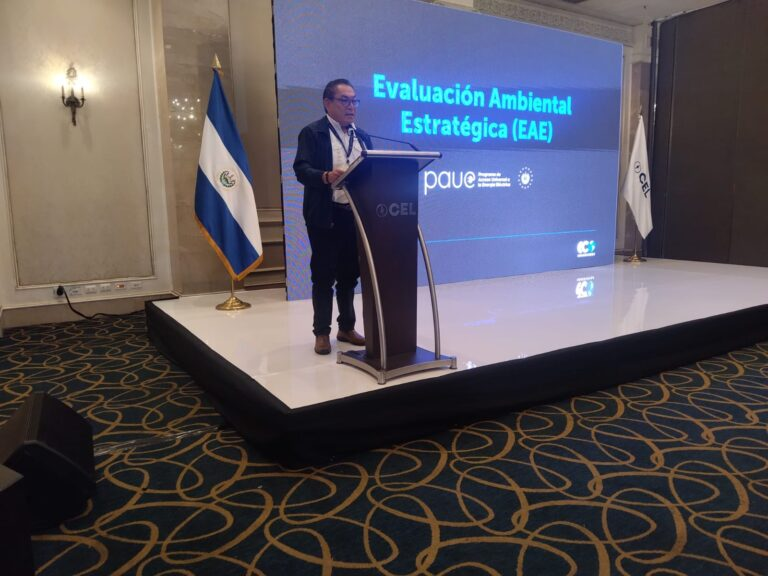
The Evaluación Ambiental Estratégica (EAE) is a key requirement for complying with current environmental legislation-particularly Article 17 of the Environmental Law-and makes it possible to identify risks, define mitigation measures, and ensure that electrification projects are developed in a sustainable manner. This formal, systematic, and comprehensive process evaluates the environmental effects of policies, plans, or programs, analyzes their alternatives, and generates a technical report that supports transparent, responsible, and informed decision-making.
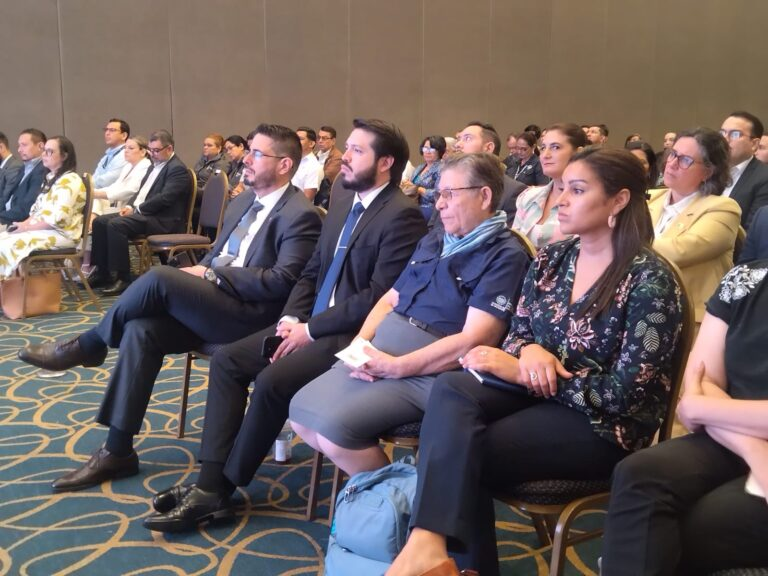
Currently, more than 35,000 salvadoran households lack electricity, 82% in rural areas. Based on the 2024 National Census and CEL’s National Georeferenced System, 8,759 homes have been accurately identified that are still waiting to be connected. The program contemplates adapted solutions: conventional grids, mini-grids, isolated systems with solar panels that are difficult to access and special connections.
The implementation of the PAUE will cover the 14 departments of the country and will be executed under the Modelo de Electrificación de Referencia (REM) vulnerability criteria, promoting efficiency, inclusion and sustainability in each phase of the process.

These efforts are promoted by the President of the Republic, Nayib Bukele, with the firm purpose of settling historical debts with the most forgotten communities. The PAUE not only brings electricity, it brings justice, dignity, and development to every corner of the country.



